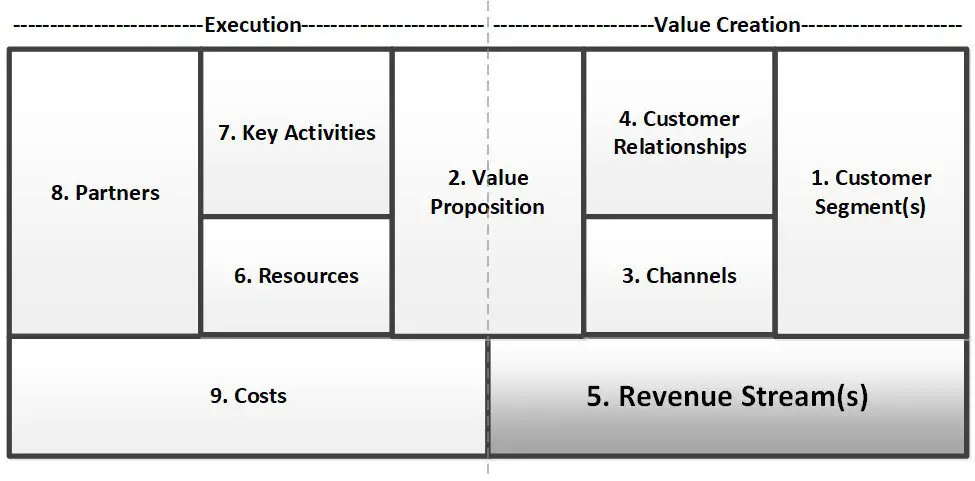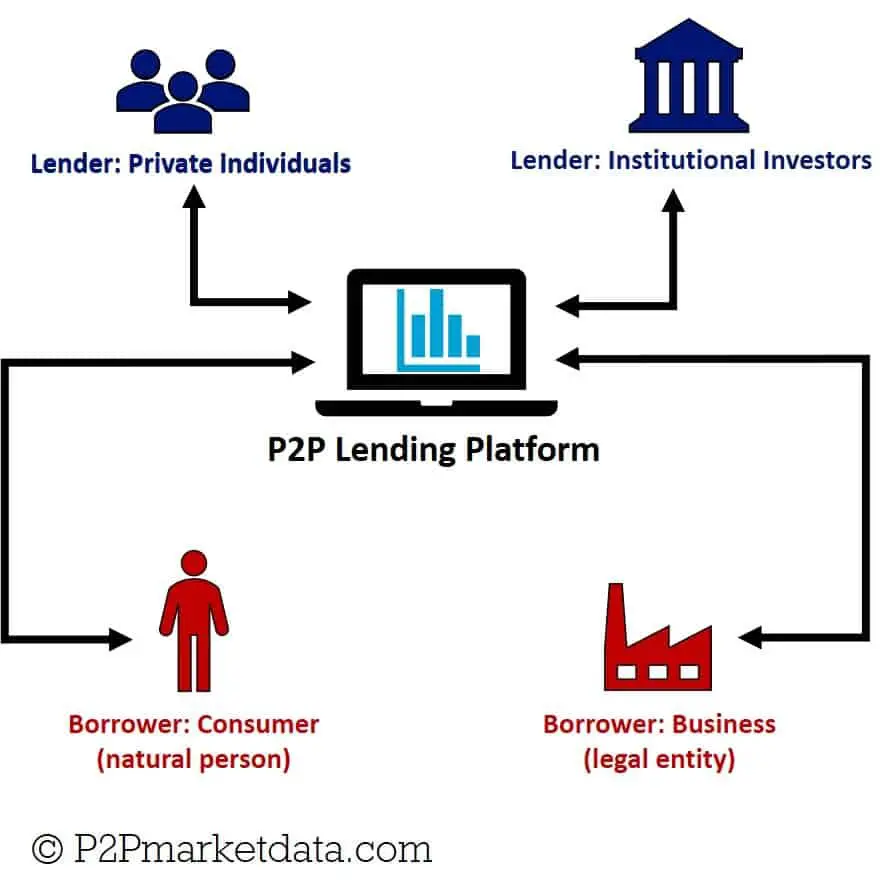Looking to make a difference in the world by donating to charity? Want to ensure that your hard-earned money is put to good use? Well, look no further! In this article, we’ll provide you with valuable tips for donating to charity wisely. Whether you’re a seasoned philanthropist or a first-time donor, these tips will help you make informed decisions and maximize the impact of your contributions. So, let’s get started on this journey of compassionate giving.
Tips for Donating to Charity Wisely
Donating to charity is a wonderful way to make a positive impact on the world. However, it’s important to donate wisely to ensure that your contribution is being used effectively and for a cause that aligns with your values. With so many charities and organizations to choose from, it can be overwhelming to know where to start. In this article, we will provide you with valuable tips on how to donate to charity wisely, making the most out of your generosity.
1. Research the Charity
Before donating to any charity, it’s crucial to do your due diligence and research the organization thoroughly. Here are some steps you can take to assess the credibility and impact of a charity:
- Check if the charity is registered: Look for organizations that are registered with the appropriate government authorities. This ensures that they meet legal requirements and are accountable for their actions.
- Review the mission and values: Understand the cause the charity supports and whether it aligns with your own values and beliefs.
- Investigate the impact: Look for evidence of the charity’s impact and effectiveness. Check if they provide regular updates on their achievements and how they measure success.
- Evaluate financial transparency: Reputable charities should be transparent about their financial management. Look for annual reports, audited financial statements, and information on how donations are allocated.
- Check for third-party endorsements: Look for endorsements or certifications from trusted sources, such as Charity Navigator, BBB Wise Giving Alliance, or GuideStar. These organizations evaluate charities based on various criteria, including transparency and financial accountability.
2. Define Your Goals and Priorities
Before making a donation, take some time to think about your goals and priorities. Clarifying what you want to achieve with your donation helps you identify charities that align with your values and causes that are meaningful to you. Consider the following:
- Identify the issues that matter to you: Decide which areas you are most passionate about, such as education, healthcare, poverty alleviation, environmental conservation, or animal welfare.
- Determine the scope of your impact: Decide whether you prefer to support local, national, or international causes.
- Consider short-term vs. long-term impact: Decide whether you want to make an immediate impact with emergency or disaster relief donations or invest in sustainable, long-term projects.
- Consider the size of the charity: Decide if you prefer to support small, grassroots organizations or larger, established charities.
Knowing your goals and priorities will help you narrow down your options and choose charities that align closely with your values.
3. Evaluate the Efficiency of the Charity
Efficiency is an important factor to consider when donating to charity. You want to ensure that your donation will have the greatest possible impact. Here’s how you can evaluate the efficiency of a charity:
- Assess the overhead costs: Look into how much of your donation goes directly to programs and services versus administrative and fundraising expenses. Charities with lower overhead costs tend to allocate a higher percentage of donations to the cause.
- Review program outcomes: Evaluate the charity’s track record and assess the effectiveness of their programs. Look for evidence of positive outcomes and long-term impact.
- Compare similar charities: If you are considering donating to charities working on the same issue, compare their efficiency ratios and program outcomes to make an informed decision.
By analyzing the efficiency of a charity, you can ensure that your donation is utilized optimally and creates a meaningful impact.
4. Consider Different Types of Donations
Donating money is not the only way to contribute to a charity. There are various types of donations you can consider, depending on your resources and preferences. Some options include:
- Donate your time: Volunteering your time and skills can be just as valuable as a monetary contribution. Many charities rely on volunteers to support their operations and programs.
- Donate goods: Some charities accept donations of goods such as clothing, food, books, or household items. Make sure to check their donation guidelines and find out if they have specific needs.
- Donate assets: If you have valuable assets like stocks, real estate, or vehicles, consider donating them to charity. This can provide tax benefits and support the organization’s work.
- Participate in fundraising events: Join fundraising events organized by charities to show your support. Whether it’s a walkathon, gala, or online campaign, your participation can make a difference.
Considering different types of donations allows you to contribute in a way that aligns with your abilities and interests.
5. Be Cautious of Emotional Appeals
Charities often use emotional appeals to generate donations, such as heart-wrenching photographs or stories of people in need. While these appeals can be powerful, it’s important to make rational decisions when donating. Here are some points to keep in mind:
- Take the time to research: Emotional appeals can cloud judgment, so take a step back and research the charity before making a decision. It’s essential to ensure their legitimacy and impact.
- Look beyond immediate needs: While immediate relief efforts are important, consider charities that address the root causes of problems for long-term solutions.
- Ask for evidence: If a charity claims to have helped a certain number of people or achieved specific results, ask for evidence to substantiate their claims.
- Consider sustainability: Look for charities that focus on sustainable development and empowerment, enabling individuals and communities to become self-sufficient in the long run.
By being cautious of emotional appeals, you can make more informed decisions and ensure that your donations are going to causes that are truly making a difference.
6. Stay Engaged with the Charity
Donating is not the end of your journey; it’s just the beginning. To ensure your donations are being utilized effectively, it’s important to stay engaged with the charity you support. Here’s how you can do it:
- Subscribe to their newsletters: Sign up for the charity’s newsletter to stay updated on their projects, achievements, and challenges.
- Follow them on social media: Connect with the charity on social media platforms to get real-time updates and learn about volunteer opportunities or fundraising events.
- Visit the organization: If possible, visit the charity in person to see their work firsthand and interact with the team and beneficiaries.
- Provide feedback: Share your thoughts and suggestions with the charity. Your feedback can help them improve their programs and operations.
- Consider recurring donations: If you are committed to supporting a charity long-term, consider setting up recurring donations to provide consistent support.
By staying engaged, you can build a deeper connection with the charity and feel confident that your donations are making a lasting impact.
In conclusion, donating to charity wisely involves thorough research, defining your goals, evaluating efficiency, considering different types of donations, being cautious of emotional appeals, and staying engaged with the charity. By following these tips, you can ensure that your generosity creates a meaningful and positive change in the world. Remember, every contribution, no matter how small, can make a difference. So, choose wisely, give generously, and be part of the collective effort to make the world a better place.
Making your charitable donation decision wisely
Frequently Asked Questions
Frequently Asked Questions (FAQs)
1. How can I ensure that my donation is used wisely?
By researching and choosing reputable charities, you can ensure that your donation is used wisely. Look for organizations that have a transparent track record, clearly communicate their mission and impact, and allocate a significant portion of their funds towards their programs.
2. Should I donate money or goods?
While both monetary and in-kind donations can make a difference, donating money allows charities to allocate resources based on their specific needs. It also gives them the flexibility to respond to changing circumstances and provide assistance where it’s most needed.
3. What should I consider before donating to a charity?
Before donating, consider the charity’s mission, reputation, financial health, and transparency. Evaluate their impact and effectiveness, as well as how they communicate with their donors. Additionally, you may want to think about causes that align with your values and where your contribution can create meaningful change.
4. Are all charities tax-exempt?
No, not all charities are tax-exempt. To ensure your donation is tax-deductible, make sure the organization is registered as a tax-exempt nonprofit with the appropriate tax authorities, such as the Internal Revenue Service (IRS) in the United States.
5. How much of my donation goes towards the cause?
It’s essential to research how much of your donation goes directly towards the cause versus administrative expenses. Reputable charities should allocate a significant portion of their funds to programmatic activities that directly benefit the individuals or communities they serve.
6. Can I donate my time instead of money?
Absolutely! Donating your time and skills can be just as valuable as donating money. Many charities rely on volunteers to carry out their work effectively. Contact local organizations to inquire about volunteer opportunities that match your interests and expertise.
7. Is it better to donate to a local or international charity?
Both local and international charities play crucial roles in addressing different needs. Determine which cause resonates with you the most. Supporting local charities may allow you to see the direct impact of your donation, while contributing to international organizations can help address global issues and reach communities in need worldwide.
8. Can I request information about how my donation is used?
Absolutely! Reputable charities are often transparent about their finances and impact. You can request information about how your donation is being used, including program updates, success stories, and annual reports. Many organizations also provide this information on their websites or through regular communication with their donors.
Final Thoughts
In conclusion, when it comes to donating to charity wisely, there are a few key tips to keep in mind. First, research the organization thoroughly to ensure transparency and accountability. Second, consider donating to charities with a proven track record of impact in your chosen cause. Third, prioritize charities that allocate a significant portion of their funds directly to programs and services. Fourth, consider donating your time or skills as well, in addition to financial contributions. Fifth, regularly review and reassess your charitable giving to ensure it aligns with your values and goals. By following these tips for donating to charity wisely, you can make a meaningful difference in the causes you care about.



